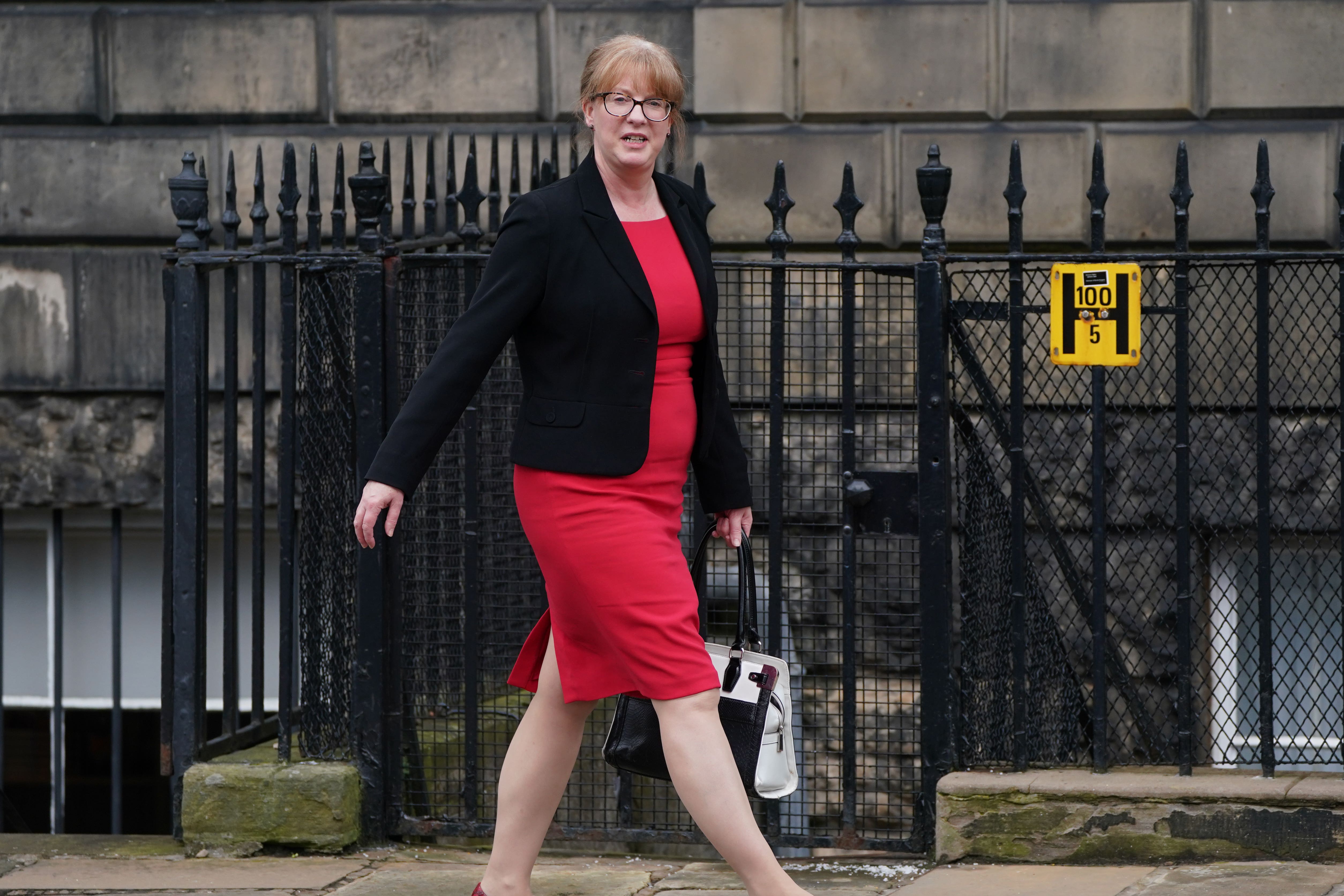Higher earners in Scotland to pay more tax as new laws come into force
Ministers have said the changes, which commence with the new financial year, will raise an additional half a billion pounds.

Your support helps us to tell the story
From reproductive rights to climate change to Big Tech, The Independent is on the ground when the story is developing. Whether it's investigating the financials of Elon Musk's pro-Trump PAC or producing our latest documentary, 'The A Word', which shines a light on the American women fighting for reproductive rights, we know how important it is to parse out the facts from the messaging.
At such a critical moment in US history, we need reporters on the ground. Your donation allows us to keep sending journalists to speak to both sides of the story.
The Independent is trusted by Americans across the entire political spectrum. And unlike many other quality news outlets, we choose not to lock Americans out of our reporting and analysis with paywalls. We believe quality journalism should be available to everyone, paid for by those who can afford it.
Your support makes all the difference.The Scottish Government’s tax changes came into effect on Thursday.
With the beginning of the new financial year, the tax changes, which ministers have claimed would raise an extra half a billion pounds in 2023-24, laid out in the budget have come to fruition.
Announced by former deputy first minister John Swinney in December and passed by MSPs earlier this year, the changes will see both the higher and top rates of income tax increased by 1p, rising to 42p and 47p respectively.
While the threshold for the 42p tax rate will be frozen, the Scottish Government is proposing all Scots earning £125,140 a year or more will pay the very top rate of income tax.
According to the Scottish Fiscal Commission, these specific changes will raise £129 million in 2023-24.
The higher rate threshold will also remain at its 2022-23 level, applying to earnings over £43,662, which will increase revenue by a further £390 million when compared to uprating the threshold by inflation, according to Scottish Government estimates.
Deputy First Minister Shona Robison said: “The decisions we have made on income tax are fair and progressive by ensuring that those who can, contribute more.
“They strengthen our social contract with the people of Scotland who will continue to enjoy many benefits not available in the rest of the UK such as free prescriptions.
“The additional revenue will help us invest in our vital public services including the NHS, above and beyond the funding received from the UK Government.
“At the same time, the majority of taxpayers in Scotland will still be paying less income tax than if they lived in the rest of the UK.
“Now that the new financial year has started, I’d also encourage people to check that the tax code is correct on the first payslip they get.
“If you think your tax code is wrong, you can check your details with HMRC who will be able to help.”
Subscribe to Independent Premium to bookmark this article
Want to bookmark your favourite articles and stories to read or reference later? Start your Independent Premium subscription today.